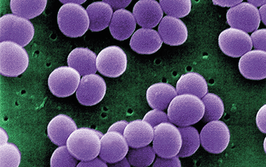
Headcount
How are pathology recruitment barriers being addressed in the UK and Australasia?
Helen Bristow | | 4 min read | News
As part of our recent feature on improving the accessibility of pathology training, we asked the UK’s Royal College of Pathology, and the Royal College of Pathologists of Australasia, for their perceptions on training barriers and boosts. Here’s what they told us.
OK in the UK?
The Royal College of Pathologists (RCPath) shared their observations on pathology training in the UK.
Why are pathologist numbers in decline?
For many pathology specialties, training posts are routinely filled, other than paediatric pathology and neuropathology which are outliers regarding this. Overall, however the pressing issue is that there aren’t enough pathology training posts, which leads to workforce gaps at consultant level. There has recently been an initiative to increase the training numbers in histopathology in England but some NHS Trusts have not been able to take them up for a number of reasons; funding, space, having enough trainers etc. Competition ratios are available for the last 10 years (1).
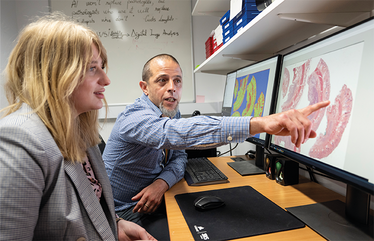
Credit: Royal College of Pathologists
What are the barriers faced by potential pathology trainees, according to RCPath’s members?
Anecdotally the barriers seem to be lack of exposure to pathology at undergraduate and junior doctor stages of career. We are also aware of misconceptions that pathology is only for exceptionally academic graduates and/or those who want to work alone at a microscope. It is possible that there is a lack of awareness about the advantages of many pathology specialities, such as good work-life balance compared to other medical specialties.
Other issues for pathology trainees are common to trainees across other specialities – national recruitment, flexibility in training, etc This is being looked at by NHS England and others, including medical royal colleges.
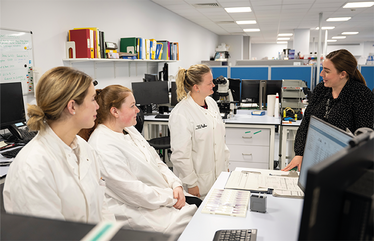
Credit: Royal College of Pathologists
What training or recruitment initiatives are RCPath driving?
RCPath runs a number of initiatives to encourage and inspire medical undergraduates to choose pathology as a career (2). These include:
- Medical undergraduate membership of RCPath
- Annual pathology summer school
- Free access to The Pathology Portal – an online educational resource with a wide range of interactive educational material
- Career webinars
- Foundation fellowships
- Essay prizes
Alright in Australasia?
Daniel Owens, Vice President of the Royal College of Pathologists of Australasia (RCPA), updated us on the training priorities in that part of the world.
What is the current state of the Australasian pathology workforce?
In Australasia, there is not a decline in the number of pathologists. Rather, there has been a major increase in demand for pathologists due to increasing complexity and workload. As a consequence, there are many vacancies in the profession. There is a current shortage of microbiologists, chemical pathologists, genetic pathologists, immunopathologists and anatomical pathologists, in particular.
Contributing to the workforce crisis is an ageing workforce, a lack of awareness amongst medical students of the career option and a lengthy training pathway. With many pathologists nearing retirement age, many of them are currently leaving the profession and there aren't enough new pathologists entering the field to replace them. It is important to note that it takes about 13 years of studying and training to become a pathologist. Additionally, pathology tends to be overlooked as a career option, resulting in fewer medical students opting for it as a specialty.
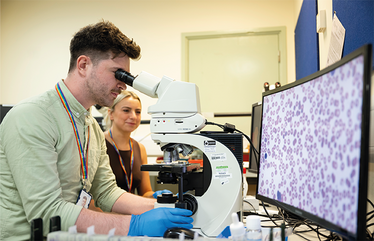
Credit: Royal College of Pathologists
What are the barriers faced by potential pathology trainees, according to RCPA members?
Our members have identified several barriers faced by potential pathology trainees, including limited exposure to pathology for medical students during their training, making it challenging for them to fully understand the field and consider it as a career option.
Limited availability of pathology training programs and positions is also a concern, preventing aspiring pathologists from pursuing this specialty. A recent review by the RCPA recommended increasing the number of trainee pathologists, particularly in the areas of anatomical, chemical, genetics, hematology and immunopathology.
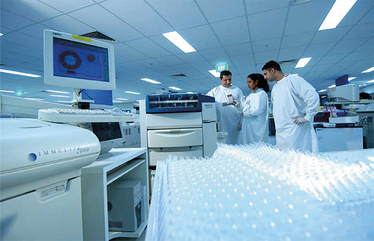
Credit: Royal College of Pathologists
Why do initiatives like MatchToPath.com matter?
Initiatives like MatchToPath.com play a crucial role in addressing pathologist shortages by raising awareness about pathology as a specialty and providing information about training pathways, career opportunities, and the importance of pathology in healthcare.
By providing centralized resources and information, these initiatives also make it easier for prospective trainees to navigate the path to becoming a pathologist, potentially increasing the number of applicants to pathology training programs.
How is the RCPA helping to address the recruitment gaps?
The RCPA continues to advocate for increased funding for pathology training programs, addressing workforce shortages, and promoting the value of pathology in healthcare delivery through engagement with government bodies and healthcare organizations.
Combining my dual backgrounds in science and communications to bring you compelling content in your speciality.

